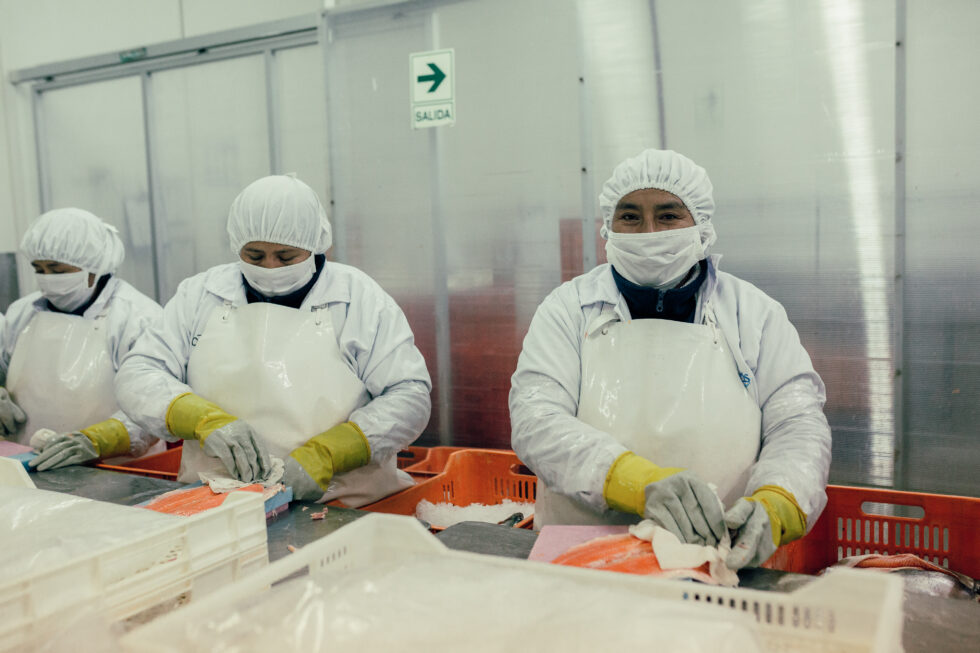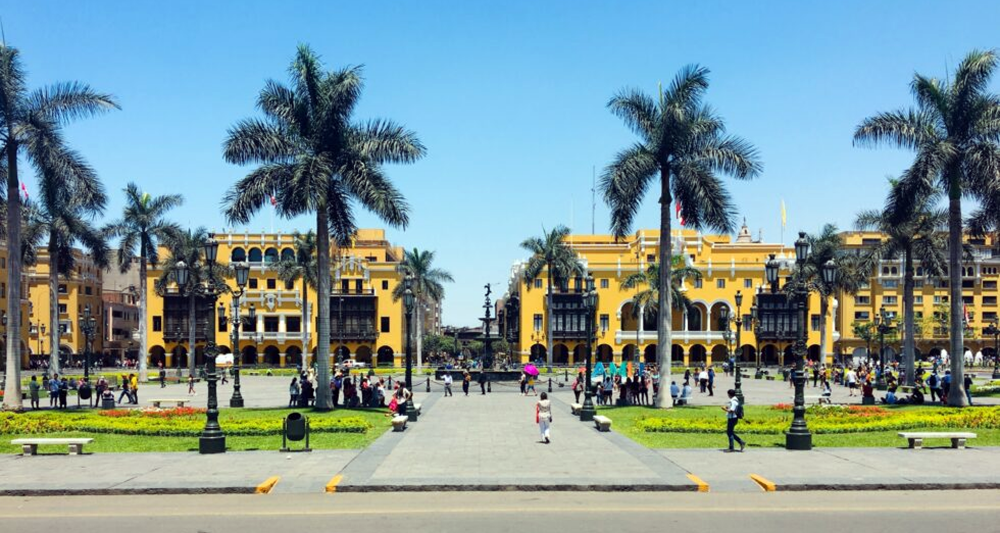Latin America is a region characterized by creativity and constant transformation where entrepreneurial activities have spawned not just out of a necessity to generate income but also out of opportunity and driven by economic growth. According to the Global Entrepreneurship Monitor (GEM), within Latin America, Peru is one of the countries with the highest levels of entrepreneurship in the world. And based on Peru’s Tax Administration records, 99.5% of registered companies correspond to micro and small businesses.
More recently, a new kind of entrepreneurship, namely social entrepreneurship, is taking hold worldwide, and Latin America has been no exception. These companies embed within their mission the achievement of social, cultural, community, economic, or environmental outcomes for the public benefit through the use of market mechanisms. They contribute to achieving the United Nations’ Sustainable Development Goals (SDGs). However, not only do they face the same challenges as their traditional-business counterparts but they also encounter the added challenge of retaining their social purpose in an increasingly competitive environment.
With the goal of promoting sustainable and inclusive economic growth and reducing poverty in emerging economies, the Asia Pacific Foundation of Canada in conjunction with the APEC-Canada Growing Business Partnership recently launched an initiative that included four focus areas: technology & innovation, market access, human capital, and social entrepreneurship. One of the focus markets of this initiative was Peru, in which Carl Black, Investment Manager of Deetken Impact, conducted a detailed research project on social enterprises. The findings of his research were presented in a study titled Financing for Social Entrepreneurship in Peru, which explores the obstacles and opportunities in financing social entrepreneurship in Peru. We summarize some of the key findings below.

What are the Obstacles Social Enterprises Face in Obtaining Financing?
We found that the obstacles to financing social enterprises in Peru include limited access to finance from commercial banks due to high-interest rates, lack of guarantees, and, for early-stage social enterprises, a lack of financial track record and formality. The Government of Peru offers some financing for early-stage companies through initiatives such as Startup Peru, but there is a need for more targeted funding for social enterprises. Furthermore, access to finance from international sources may also be limited due to limited willingness to provide local currency financing.
Other obstacles faced by social enterprises include limited access to technology and insufficient training – according to one of the surveys carried out by the Asia-Pacific Foundation initiative, 86% of social enterprises interviewed don’t have adequate experience. Another common challenge is lack of formality. According to the Peruvian National Center for Strategic Planning (CEPLAN), Peru’s informal sector contributes 19% of the GDP of the country, above the Latin American average of 13.5%. The root causes for this prevailing informality include government regulation, taxation, and corruption. All of which make the cost of doing business more expensive, driving companies to informality.

Opportunities for Change
We believe that the public sector has a crucial role to play in supporting micro, small and medium size enterprises (MSMEs), and more specifically social enterprises. In terms of their tax and regulatory framework, designing a differentiated corporate income tax treatment, and assessing and addressing the impact of value-added tax on working capital for companies often paid by customers after that tax is due, are two areas worth exploring.
Government could also continue to support organizations providing business incubation and acceleration support such as:
- Educational initiatives that provide training and strengthen the founders and other key individuals in leadership positions at these companies;
- Access to technology to increase business efficiency;
- Developing impact indicators that allows these companies to measure their positive impacts and their contribution to the SDGs;
- It is essential that these initiatives support enterprises in different parts of the country in addition to the capital city of Lima to drive inclusivity and deepen impact. In terms of filling the financial gaps, the public sector could offer financing mechanisms that absorb some of the initial risk which allows them to attract other private and foreign investment that are aligned with the mission of social enterprises, including impact investors.
The social entrepreneurship ecosystem in Peru is still young and developing, with key support ecosystem actors emerging and developing roles as organizations who focus on supporting and guiding social enterprises in early stages of their development and beyond. It is imperative that this ecosystem continue to evolve and grow, such that collaboration increases and key gaps are identified and met, including through strategies and initiatives that align the strengths of government with the needs of the market.
Social enterprises are an emerging force that have a compelling role to play in the sustainable development of Peru and to assist the country in achieving the SDGs. The development of the ecosystem will be a complex process but the success of that development could have important benefits for job creation linked with the improved provision of services across sectors for the benefit of the public, including in education, healthcare, sanitation, waste disposal, and financial inclusion, among others. Government has an important role to play in any social entrepreneurship ecosystem, including through putting the right incentives in place, supporting the right support infrastructure and addressing important financing gaps. Deetken Impact invests in social enterprises across Latin America and continues to collaborate with partners to support the emerging ecosystems in Peru that connect social enterprises with impact investment for the achievement of the sustainable development goals.
The views expressed here are those of the author, and do not necessarily represent the views of the Asia Pacific Foundation of Canada.

